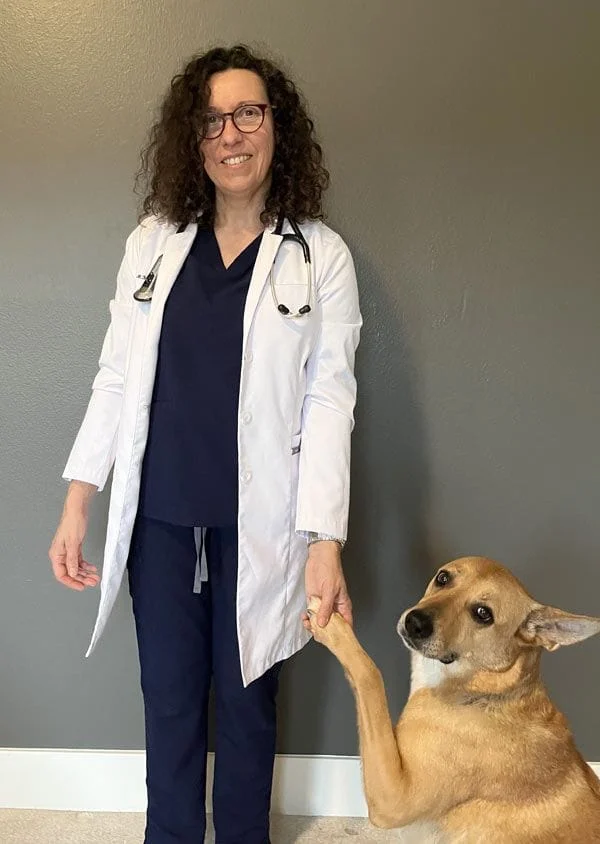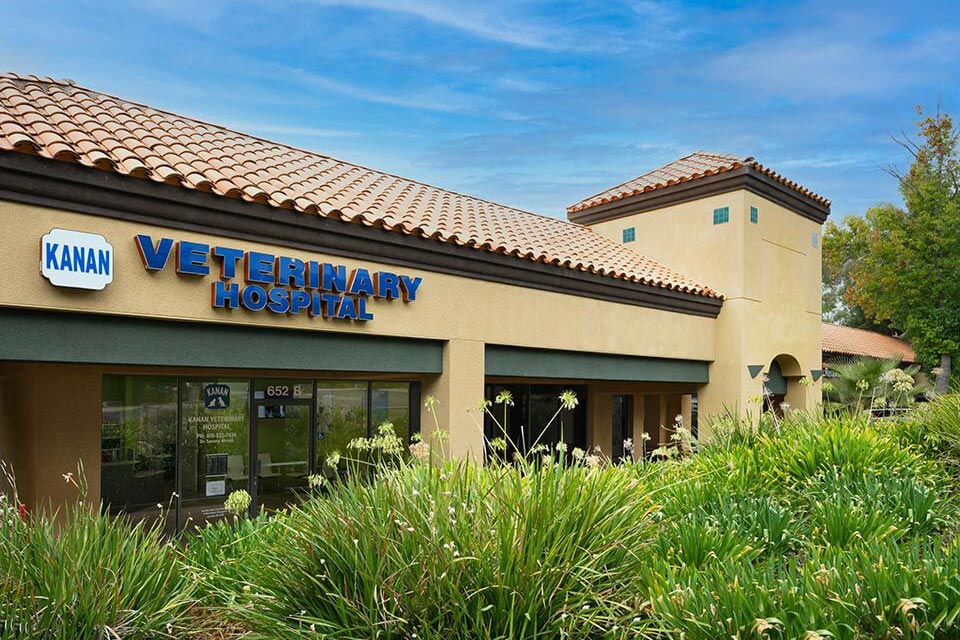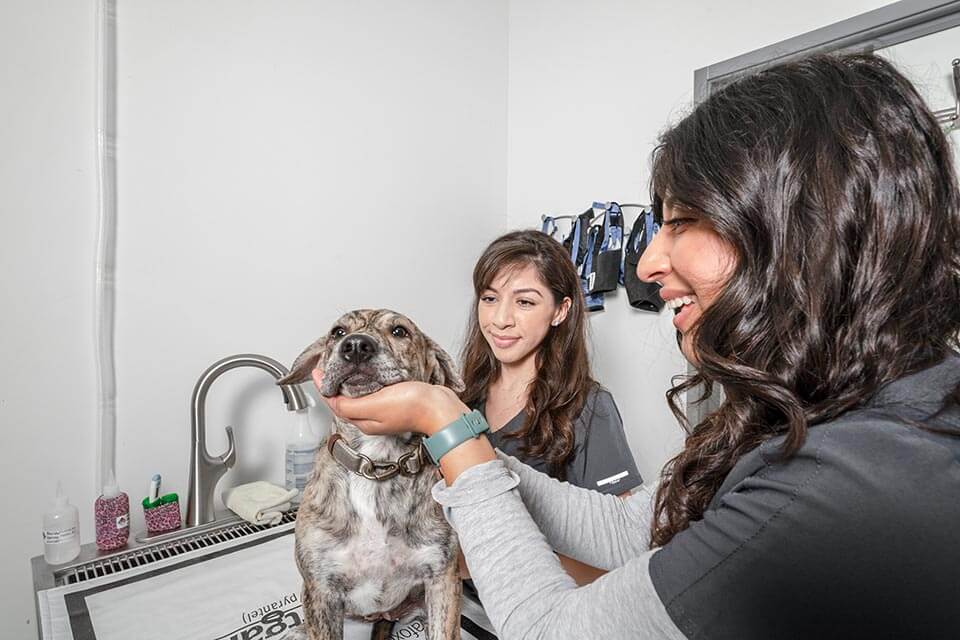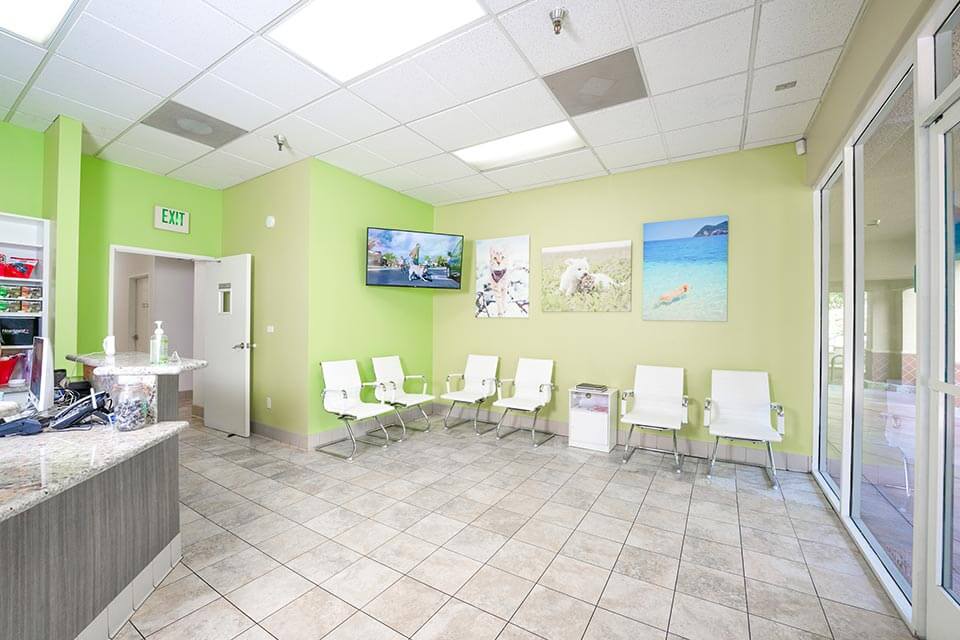

HOURS
Mon - Fri:
7:30 AM-5:30 PM
Sat 8:00 - 2:30 PM
7:30 AM-5:30 PM
Sat 8:00 - 2:30 PM
WELCOME BACK TO A SAFE SPACE
As we make our way back into the world, we understand that cleanliness and sanitation are on everyone’s minds. Our top priority is to ensure the health, safety, and comfort of each patient and parent who walks through our doors. Our practice is also taking extra steps to ensure that social distancing regulations are respected within our office. If you have any questions or would like to learn more about our procedures, don’t hesitate to call us.


DOWN-TO-EARTH, UP-TO-DATE CARE
Your Fun, Friendly Veterinarian in Oak Park, CA
Welcome to Kanan Veterinary Hospital, Oak Park's top veterinary office! We are conveniently located at the southeast corner of Kanan Road and Lindero Canyon Road. At Kanan Veterinary Hospital, our mission is to provide outstanding care to pets and their families. Dr. Ravenscroft and her team understand that pets are valued family members, and we provide them with the exceptional treatment that they need and deserve. Here, you will find a loving, low-stress, and friendly environment where you and your beloved pet will feel comfortable, whether coming in for preventive care services or to treat an unexpected illness.


Wellness Exams
The AVMA recommends wellness exams for your pet as preventative care and to help ensure a long and healthy life.
Dental Cleanings
Regular dental cleanings are important for maintaining your pet's teeth and general health.
Spay & Neuter
Spaying and neutering procedures benefit your pet’s health, behavior, and overall quality of life.



Leave Us A Review
Keep your pet healthy
Visit our office today
Mon:
7:30 AM - 5 PM
Tue:
7:30 AM - 5 PM
Wed:
7:30 AM - 5 PM
Thu:
7:30 AM - 5 PM
Fri:
7:30 AM - 5 PM
Sat:
8:00 AM - 2:30 PM
Closed between noon and 1 PM
Bark • Meow • Love


























